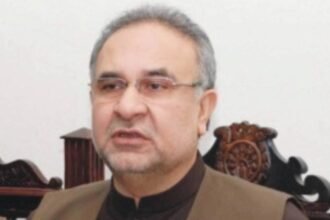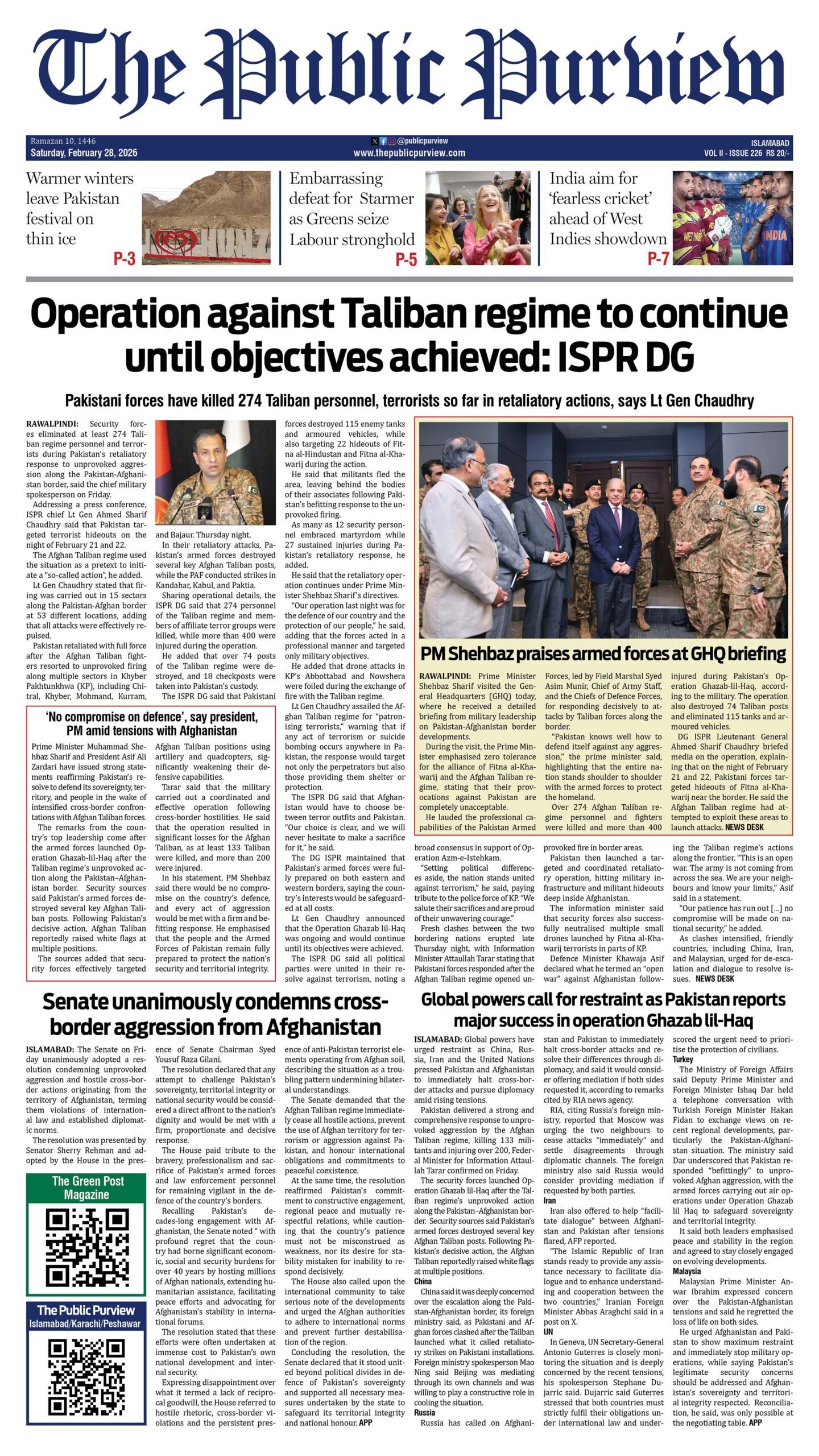Mr. Sajid Baloch has been appointed as the National Security Secretary, marking a significant development in Pakistan’s governance framework. An officer of the Pakistan Administrative Service (PAS) 23rd CTP, he previously served as Secretary of the Science & Technology Division. Earlier, he also worked as Special Secretary in the Cabinet Division, where he directly managed the Federal Cabinet and regulatory authorities.
As National Security Secretary, Sajid Baloch brings over three decades of experience in public administration and the development sector, including seven years with the United Nations. People respect him as an honest, competent, and approachable administrator. Baloch holds a Master’s in Development & Environment from King’s College London and a degree in Electrical Engineering from NED University. He is also a British Chevening scholar.
Throughout his career, he focused on governance, education, climate change, TVET skills, poverty reduction, law, gender, donor coordination, and project management. As Executive Director (CEO) of NAVTTC, he trained 100,000 skilled youth. He served as Registrar of the Islamabad High Court and as Joint Secretary in the Ministry of Finance. As Director General of BISP, he strengthened social safety programs and expanded outreach.
During his tenure in Paris, he represented Pakistan as Deputy Permanent Delegate to UNESCO. He served on the Executive Board and helped draft the Global SDG-4 Education Agenda 2030. Later, as DG Education, he managed 13,000 schools and guided the education of over 500,000 students.
Baloch also worked with UNDP and UNOPS for four years. He led governance projects that won international awards. He served as Deputy Commissioner in four districts and directed multiple Islamabad Administration departments. With this proven record, Sajid Baloch’s leadership as National Security Secretary will strengthen Pakistan’s governance and security systems, boost administrative efficiency, and promote sustainable development nationwide.







 Today's E-Paper
Today's E-Paper